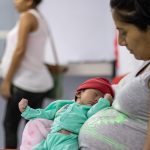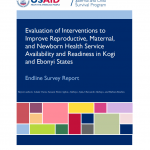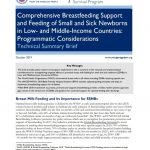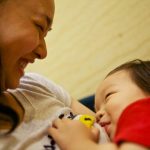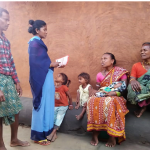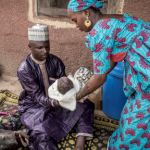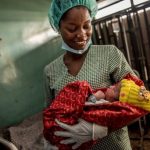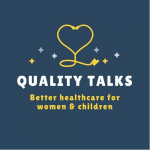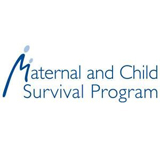
The Maternal and Child Survival Program is a global, USAID Cooperative Agreement to introduce and support high-impact health interventions with a focus on 24 high-priority countries* with the ultimate goal of ending preventable maternal and child deaths (EPMCD) within a generation. This new program will build on the successes of the six-year Maternal and Child Health Integrated Program (MCHIP).
The Maternal and Child Survival Program supports programming in maternal, newborn and child health, immunization, family planning and reproductive health, nutrition, health systems strengthening, water/sanitation/hygiene, malaria, prevention of mother-to-child transmission of HIV, and pediatric HIV care and treatment.
The Program is focused on ensuring that all women, newborns and children most in need have equitable access to quality health care services to save lives.
* USAID’s high-priority countries are Afghanistan, Bangladesh, Democratic Republic of Congo, Ethiopia, Ghana, Haiti, India, Indonesia, Kenya, Liberia, Madagascar, Malawi, Mali, Mozambique, Nepal, Nigeria, Pakistan, Rwanda, Senegal, South Sudan, Tanzania, Uganda, Yemen, and Zambia.
What we do
Awarded in the spring of 2014, the Maternal and Child Survival Program engages governments, policymakers, private sector leaders, health care providers, civil society, faith-based organizations and communities in adopting and accelerating proven approaches to address the major causes of maternal, newborn and child mortality such as postpartum hemorrhage, birth asphyxia, and diarrhea, respectively, and improve the quality of health services from household to hospital. The Program will tackle these issues through approaches that also focus on health systems strengthening, household and community mobilization, gender integration and eHealth, among others.
With approaches tailored to meet individual country needs, the Program seeks to empower countries to design effective approaches, develop technical skills, apply analytical tools, manage workforce capacity and devote resources to reduce inequities in care and build sustainable health systems to keep mothers, newborns and children alive and healthy.
